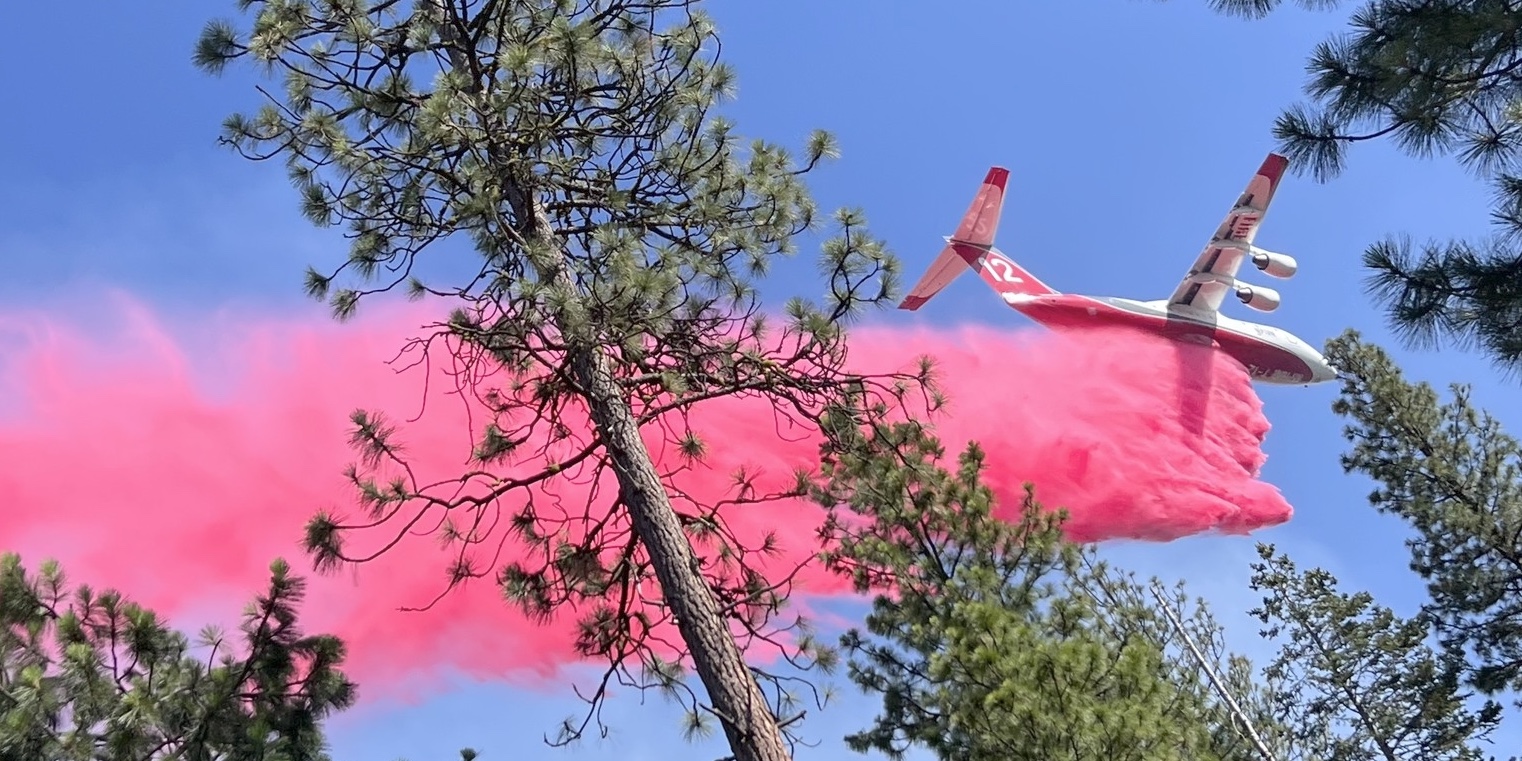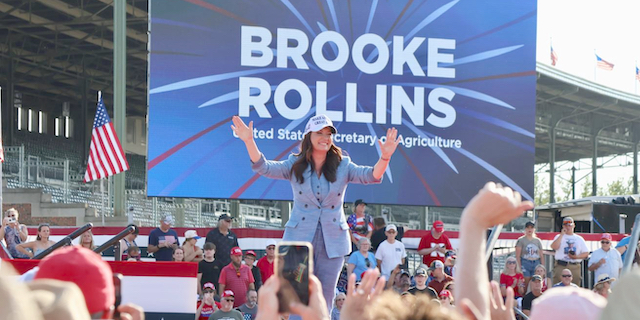Farm groups, longshore union unite on preserving Seattle maritime industry
Published 12:30 pm Tuesday, June 13, 2023

- The container ship Benjamin Franklin calls at Terminal 18 of the Port of Seattle. Japan has approved the controversial Trans-Pacific Partnership trade agreement, which President-elect Donald Trump has promised to scuttle.
Washington farm groups and the International Longshore and Warehouse Union are united in urging the Seattle City Council to reserve the area near the port for maritime activities, including exporting agricultural goods.
Trending
The council is scheduled to vote July 18 on a plan advanced by Mayor Bruce Harrell that would restrict new housing near the port and revise zoning laws to prevent non-industrial uses on land designated for industry.
Some 25 organizations representing farmers, union workers, truckers and ports sent a letter this month asking council members to pass the plan without changes that add to non-industrial traffic near terminals.
“Our agricultural products for export travel hundreds of miles from farmers in every county of Washington, and yet the most challenging point in the supply chain is the final few congested miles to the Port of Seattle terminals,” the letter reads.
Trending
Farm goods are the top exports for the Northwest Sea Port Alliance, which combines the ports of Seattle and Tacoma. By volume, hay and forage was the top export commodity in 2022, followed by frozen potatoes. By value, the top commodities were soybeans and corn.
Seattle leaders have been working for several years on a plan to stanch the loss of the city’s industrial base and to keep goods flowing to and from the port.
“I think it’s a huge concern because agriculture in the Northwest needs an international marketplace,” Anderson Hay and Grain Co. CEO and President Mark Anderson said.
ILWU Washington Area District Council President Dan McKisson said port-related jobs proved to be recession-proof during the Great Recession.
“Over the years, we’ve seen a lot of erosion in industrial lands, and we don’t like it,” McKisson told the City Council’s land-use committee June 8, just before the committee recommended the plan to the full council.
The land-use committee did make changes to the mayor’s plan that could create more traffic on highways and streets around the city’s baseball and football stadiums. Trucks bound for port terminals must get through the area.
The committee voted to allow retail stores as large as 40,000 square feet, rather than limiting them to 20,000 square feet.
Entertainment venues could be as large as 75,000 square feet, rather than the previously proposed 25,000 square feet. The committee also voted to eliminate size restrictions on office buildings for high-tech companies.
“There has been a lot of concern and disagreement regarding the stadium district,” said Councilman Dan Strauss, who sponsored the changes. “I think at every opportunity we should provide the maximum opportunities to provide a vibrant neighborhood.”
The full City Council could further amend the plan.
The Washington State Tree Fruit Association, Washington State Dairy Federation, Washington Cattlemen’s Association, Washington Potato Commission, Washington Association of Wheat Growers, Washington Grain Commission, Agricultural Cooperative Council, Washington Wine Growers and Washington Forest Protection Association signed the letter.
They were joined by groups representing Longshoremen, Teamsters, trucking companies, food processors, shellfish growers, and railroad and marine workers.







